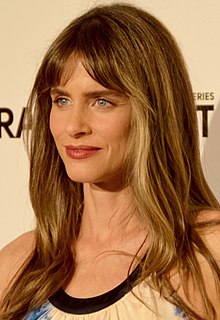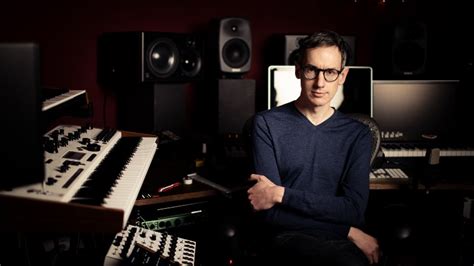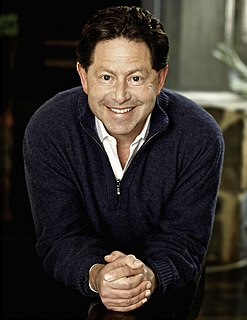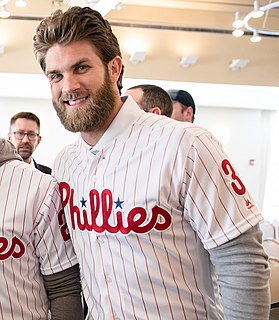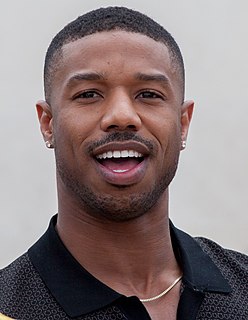A Quote by Corey Taylor
I have a really good idea for a novel and would like to just kind of try my hand at fiction. I'm starting to kind of get a really good body of work going from a literary standpoint. As long as the audience is there, man, I'll keep cranking them out.
Related Quotes
I worked out a book which I thought was just straight science fiction -- with everything pretty much explained, and suddenly I got an idea which I thought was kind of neat for working in a mythological angle. I'm really struggling with myself. It would probably be a better book if I include it, but on the other hand I don't always like to keep reverting to it. I think what I'm going to do is vary my output, do some straight science fiction and some straight fantasy that doesn't involve mythology, and composites.
I would like to write a novel, or at least try to write one, although my motives are not entirely pure. For one thing, I get asked about writing novels so much that I feel guilty about never having written one. And although I have no strong desire to write a novel, I would hate not to try. That would just be silly. On the other hand, I hate the idea of slogging through something that turns out to be not good.
I really need to know where I'm going with fiction to write it in a way that at least I'm happy with. And I really think that a lot of fiction books end badly because terrific writers said, "I'll just figure it out" and plunge in, but have created so many problems that they are kind of impossible to solve. I mean, I'm talking really good writers do this and you can tell when they got to the end they either had to do something preposterous or they just don't really resolve things. So for fiction I spend a lot more time outlining and for humor I really don't do much of it.
Mark and jay Duplass really like to improvise. Even if we beg them to go back to the script, they invariably ask us to go "off the rails," as they like to call it. It's just the way they work. You get a full written script. And it's really, really, really good, so that's why it's kind of peculiar that they always want you to improvise, because if I wrote something that good, I would want everyone to stick to the dialogue that was written.
Comedians work great as actors because they're good under pressure. With a lot of actors, you have to make them feel like everything's going really well to get a good performance out of them. But, if you have a comedian on the set, you can tell them, 'Hey, you really are screwing this up,' and then they just get better.
I'm not very good at sounding like other people. When you're going through your 20's and trying to get a break and that kind of thing, and you're trying to do something that sounds like film music, your idea of what it would be, it never really worked out for me and it's only really when I learned to trust the fact that I could only really sound like me.
One thing that probably is unique at Activision is that we really spend a lot of time up front with our audiences, and in big quantities and with a very thoughtful process, to really try and draw out from them what it is that they would like to play. So we have a pretty good sense going in what the expectation of the audience is.
I would have done anything. I just really love the Duplass brothers. I was at a place where I was desperate for good writing. It wasn't the part that attracted me to it; it was just to be able to work with them. And the fact that she's this kind of, like, loose cannon and this kind of desperate 40-year-old is just the icing on the cake.
I'd be surprised if non-fiction writers hate to be interviewed. We all hate them, because there's really nothing to say except "Read the book." Right? At least with non-fiction, you can kind of convey some information, and people can decide for themselves whether they want more of that kind of information. But with a novel, what am I going to do?
I think it's important to visit people in prison. And if you know anyone in prison, I would encourage you very much to visit them. They're a good audience! I always get good letters from prisoners. I don't usually answer them because I have a lot going on in my life, but I get some really good ones, I get some really good letters from prison.
I'm just looking forward to doing these videos with AXE. Doing more directing, collaborating with them, finding ways to kind of like tap into temptation with their market and their audience and mine and find cool, creative ways to get the brand out to people. And I think they're doing a really, really good job. So we've got some cool stuff coming up.





